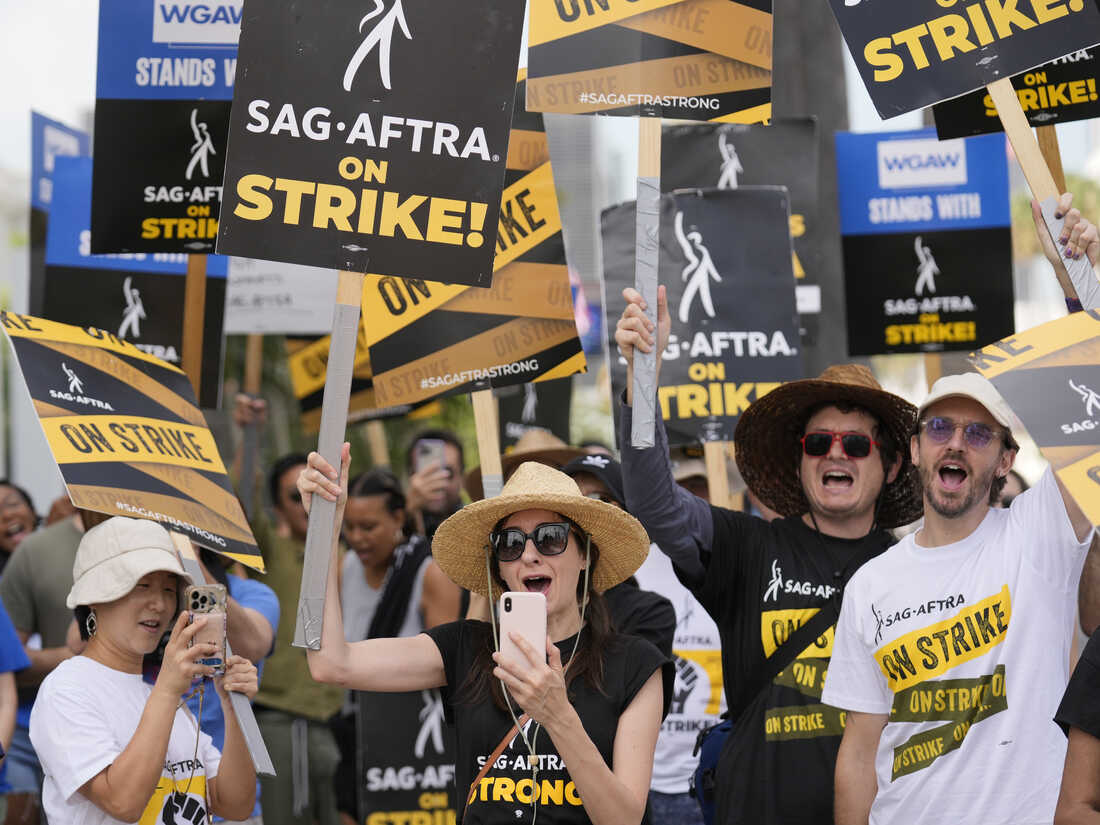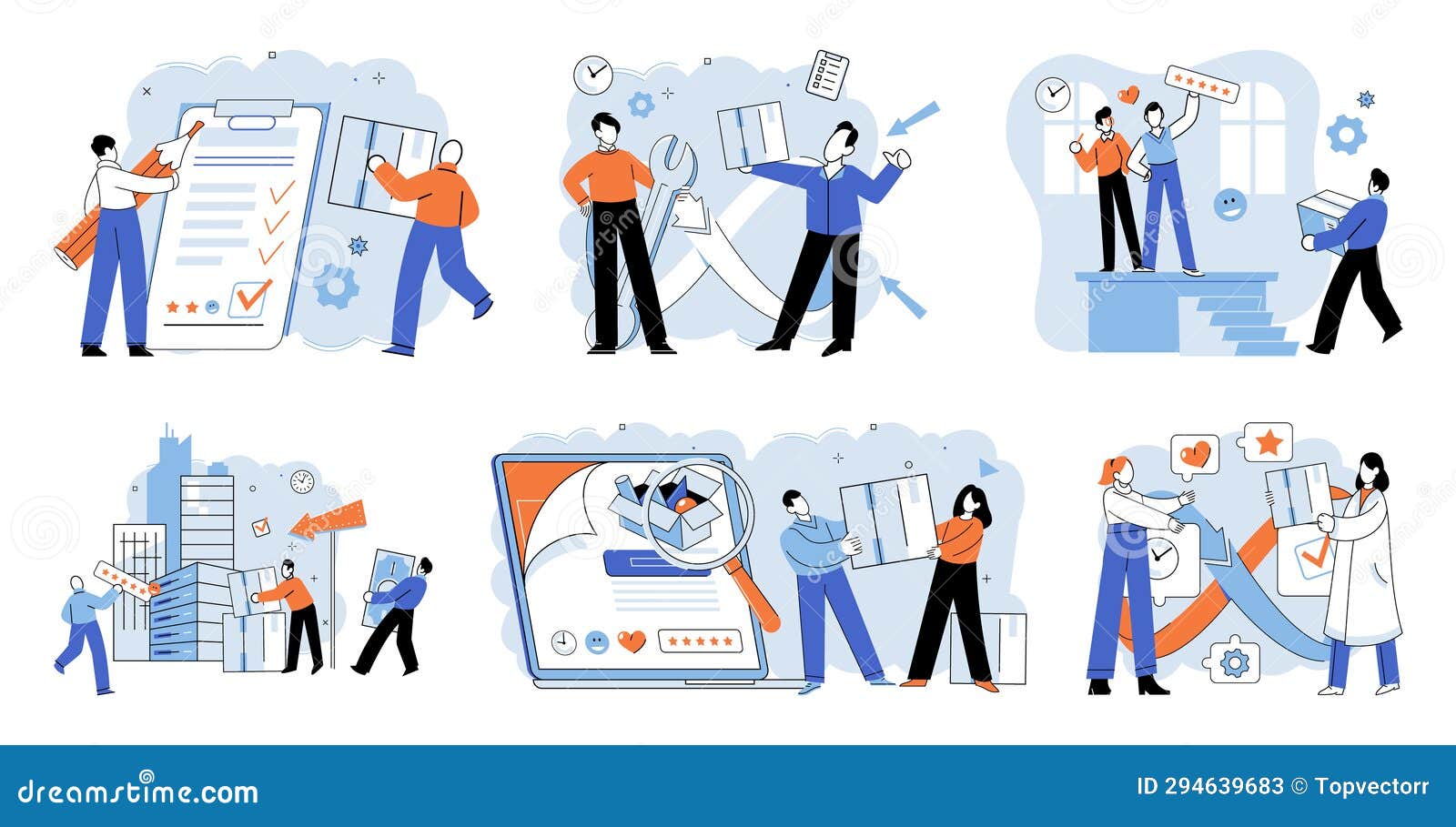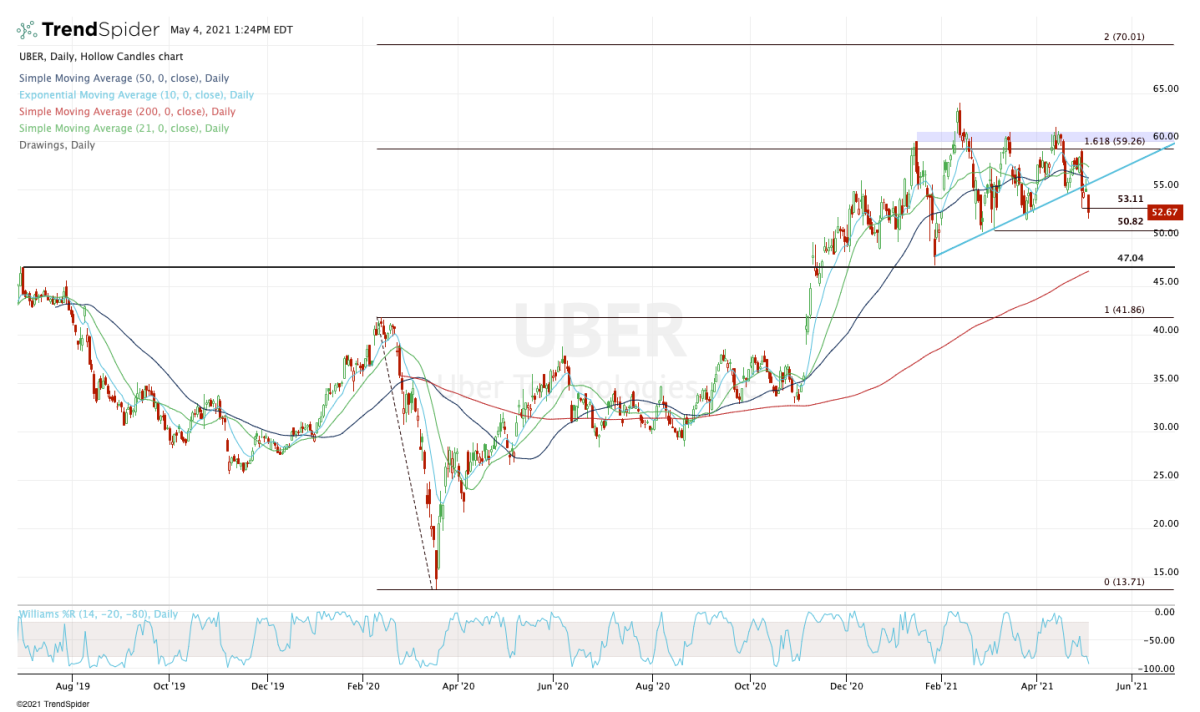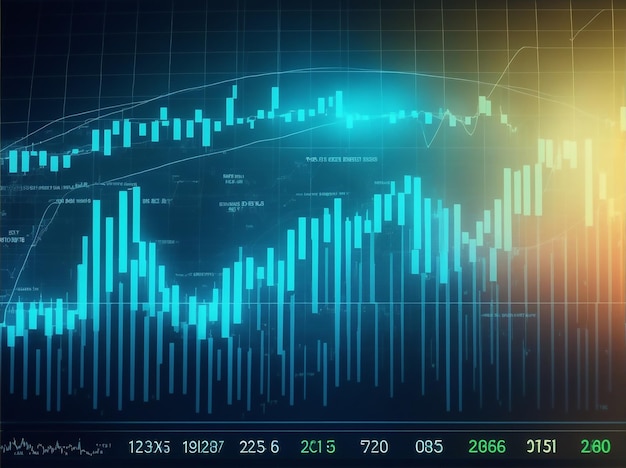Double Trouble In Hollywood: Writers And Actors Strike Brings Industry To Halt

Table of Contents
Key Demands of the WGA Strike
The Writers Guild of America's strike is fueled by several critical issues, primarily concerning fair compensation in the evolving media landscape and protection against the rise of artificial intelligence.
Fair Compensation and Residuals in the Streaming Era
The shift from traditional television to streaming platforms has dramatically altered the compensation model for writers. Streaming services often pay significantly less in residuals—payments writers receive for reruns and repeated broadcasts—compared to traditional networks. This has resulted in a significant decrease in income for many writers, even for highly successful shows. For instance, a writer on a hit network show in the past might have received substantial residuals for syndication and international sales. The same writer on a similarly successful streaming show receives drastically reduced or even nonexistent residuals.
- Diminished residuals for streaming platforms: The "all-in" deals offered by streamers often bundle licensing fees and residuals, resulting in lower overall payments.
- Lack of transparency in streaming viewership data: Writers lack access to clear data about their shows' performance, making it difficult to negotiate fair compensation.
- Demand for a fairer share of streaming revenue: The WGA is pushing for a more equitable distribution of streaming profits, reflecting the shows' success and the writers' crucial role.
Protecting Writers from AI
The WGA is deeply concerned about the increasing use of artificial intelligence in scriptwriting. They fear that AI could be used to replace human writers, diminishing their roles and potentially exploiting their work without proper compensation or credit. The union seeks to establish clear guidelines and safeguards to prevent AI from undermining the creative process and the livelihoods of its members.
- Concerns about AI-generated scripts replacing human writers: AI poses a direct threat to writers' jobs and their ability to earn a living.
- Demand for safeguards against AI exploitation of writers' work: The WGA is pushing for regulations to prevent the unauthorized use of writers' work to train AI models.
- Need for clear guidelines on AI usage in the creative process: The union wants to ensure that AI is used ethically and responsibly, enhancing – not replacing – human creativity.
Key Demands of the SAG-AFTRA Strike
SAG-AFTRA's strike is similarly driven by concerns about fair wages, benefits, and the ethical implications of emerging technologies, such as AI.
Fair Wages and Benefits
SAG-AFTRA is fighting for improved wages and benefits for all its members, particularly those in lower-paying roles such as background actors. The rising cost of living has made it increasingly difficult for many actors to make a decent living, even with consistent work.
- Demand for increased minimum wages: The union is advocating for substantial increases to minimum pay rates to reflect the increased cost of living.
- Improved health and pension benefits: SAG-AFTRA is seeking to enhance health and retirement benefits to ensure actors' financial security.
- Fair compensation for self-tape auditions: The rise of self-tape auditions has placed extra burdens and costs on actors, who should be fairly compensated for this additional work.
Protection Against AI and Self-Tape Exploitation
SAG-AFTRA shares the WGA’s concerns about AI, specifically focusing on the potential for actors' likenesses and voices to be exploited without their consent or compensation. The increased use of self-tapes also raises concerns about exploitation and lack of fair compensation for actors' time and effort.
- Protecting actors' likenesses from AI exploitation: The union wants to prevent the unauthorized use of actors' images and voices for AI training and generation.
- Fair compensation for self-tape auditions: Actors should receive fair payment for their time and effort spent creating self-tapes.
- Regulation of AI usage in performance capture: SAG-AFTRA seeks to ensure that AI is used ethically and responsibly in performance capture technology.
The Impact of the Hollywood Strikes
The dual Hollywood strikes have a far-reaching impact, extending beyond the entertainment industry itself. The effects ripple through various sectors, creating significant economic consequences.
- Delayed film and television releases: Numerous projects are on hold, impacting release schedules and potentially affecting box office revenue and streaming viewership.
- Cancellation of late-night shows and award ceremonies: The strikes have led to the cancellation of major television events, causing significant disruption to programming schedules.
- Job losses across various related industries: The standstill in production has led to widespread job losses amongst crew members, caterers, and other support staff.
- Economic impact on local communities dependent on film production: Many communities rely heavily on the film industry for economic activity; these strikes severely impact their local economies.
Conclusion
The simultaneous WGA and SAG-AFTRA strikes mark a crucial turning point for the entertainment industry. The core issues – fair compensation, protection against AI exploitation, and improved working conditions – highlight a need for systemic change. The long-term impact of these Hollywood strikes is still unfolding, but a resolution will require substantial adjustments to power dynamics and a strong commitment to a more equitable future for writers and actors. Understanding the complexities of the Hollywood strikes is vital for anyone interested in the future of entertainment. Stay informed about the ongoing negotiations and the potential ramifications of this unprecedented double strike. Keep up to date on the evolving situation and the potential resolution of these critical Hollywood strikes.

Featured Posts
-
 The Consequences Of Consistently Late Student Loan Payments
May 17, 2025
The Consequences Of Consistently Late Student Loan Payments
May 17, 2025 -
 Mission Impossible Finally Arrives In Chinese Theaters
May 17, 2025
Mission Impossible Finally Arrives In Chinese Theaters
May 17, 2025 -
 Inversionistas Koriun Proximo Descongelamiento De Cuentas Y Devolucion De Capital
May 17, 2025
Inversionistas Koriun Proximo Descongelamiento De Cuentas Y Devolucion De Capital
May 17, 2025 -
 Addressing Canadas Housing Shortage Exploring The Potential Of Modular Construction
May 17, 2025
Addressing Canadas Housing Shortage Exploring The Potential Of Modular Construction
May 17, 2025 -
 This Weeks Review Identifying Areas For Improvement
May 17, 2025
This Weeks Review Identifying Areas For Improvement
May 17, 2025
Latest Posts
-
 Why Uber Stock Might Weather An Economic Downturn
May 17, 2025
Why Uber Stock Might Weather An Economic Downturn
May 17, 2025 -
 Real Money Online Casinos In New Zealand 7 Bit Casino And Other Top Choices
May 17, 2025
Real Money Online Casinos In New Zealand 7 Bit Casino And Other Top Choices
May 17, 2025 -
 Uber Stock A Recession Resistant Investment Analyzing The Trends
May 17, 2025
Uber Stock A Recession Resistant Investment Analyzing The Trends
May 17, 2025 -
 Etfs And The Future Of Uber A Look At Autonomous Vehicle Investments
May 17, 2025
Etfs And The Future Of Uber A Look At Autonomous Vehicle Investments
May 17, 2025 -
 Play At The Best Online Casinos In New Zealand 7 Bit Casino And More
May 17, 2025
Play At The Best Online Casinos In New Zealand 7 Bit Casino And More
May 17, 2025
